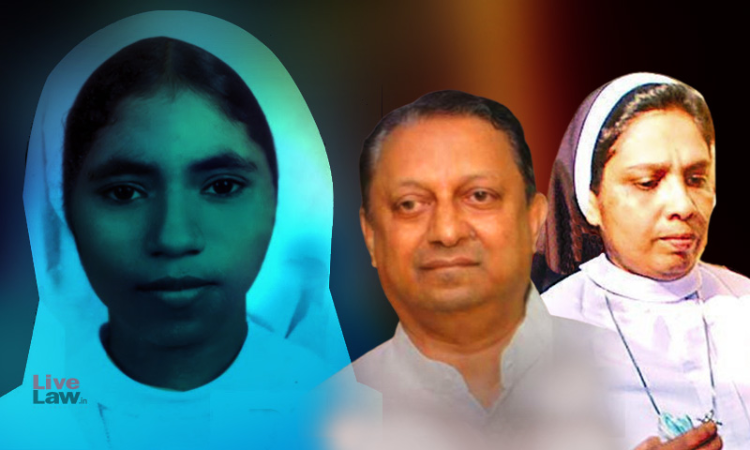BREAKING -Sister Abhaya Case : CBI Court Sentences Priest, Nun To Life Imprisonment For Murder
LIVELAW NEWS NETWORK
23 Dec 2020 12:07 PM IST

Next Story
23 Dec 2020 12:07 PM IST
A special CBI Court at Thiruvananthapuram on Wednesday sentenced to life imprisonment Father Thomas M Kottoor and Sister Sephy, a priest and a nun of the Catholic church respectively, for the murder of Sister Abhaya 28 years ago.The culprits were also imposed a fine of Rupees 5 lakh each under Section 302 of the Indian Penal Code. Kottoor was also imposed an additional sentence of life and...
